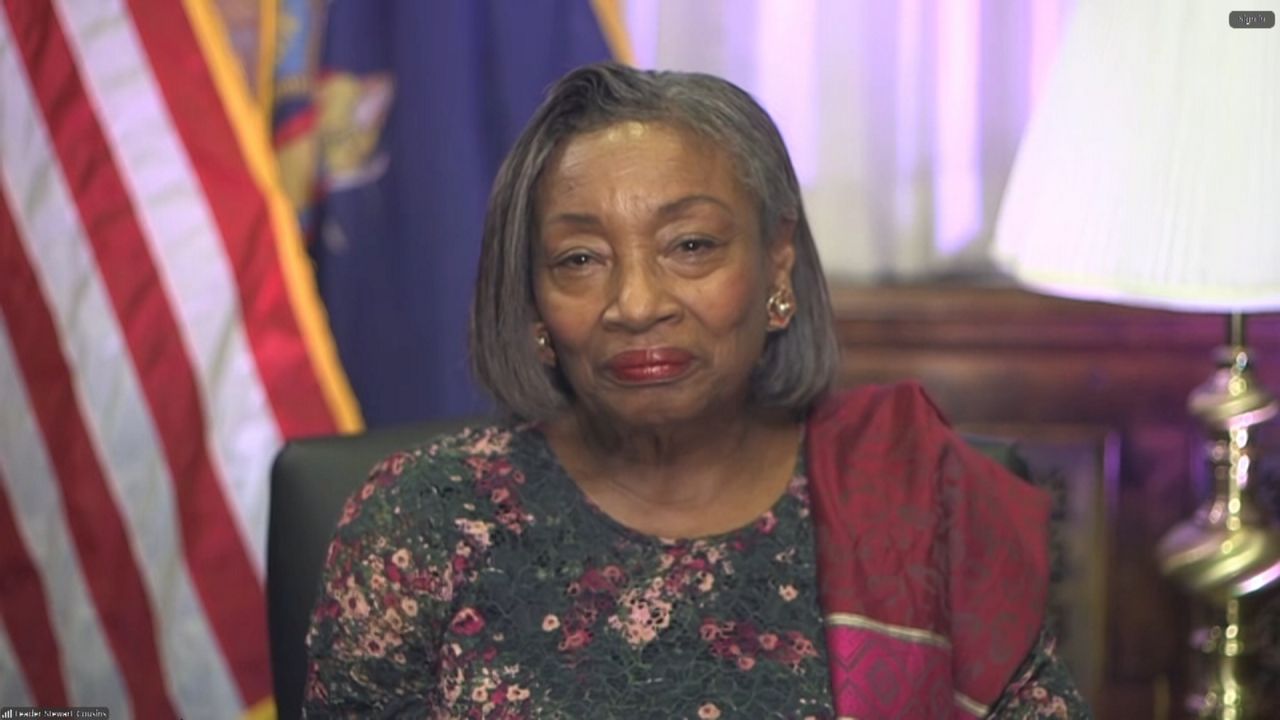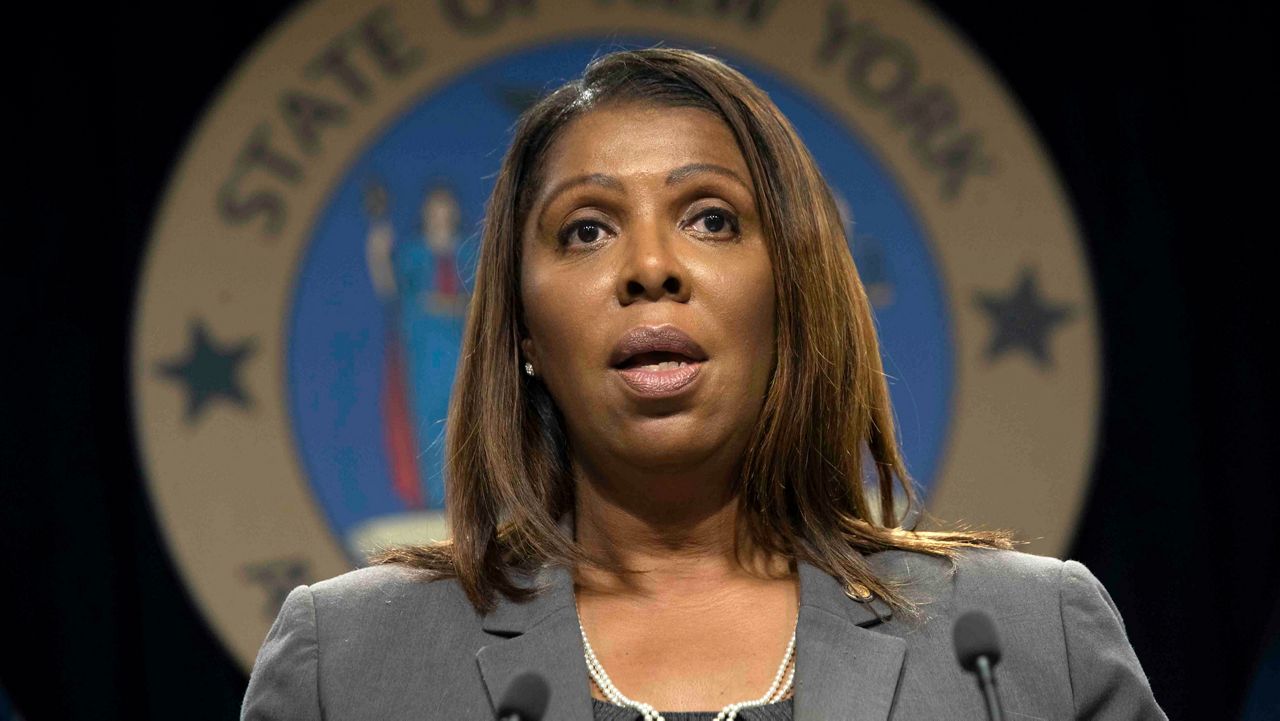Some Albany lawmakers say the cryptocurrency mining moratorium passed earlier this month has been misunderstood.
It targets only large mining operations that use old, fossil fuel-burning power plants to generate energy for their massive computing needs. And the moratorium applies only to those seeking to obtain or renew a permit going forward.
“I am pro-crypto, I am pro-crypto mining in the state of New York,” said state Senator Kevin Parker, a sponsor of the bill. “But it all has to happen in a way that is consistent with our climate goals.”
The bill’s future is in doubt, however, thanks in part to Mayor Eric Adams. Adams has championed and welcomed the crypto industry, even taking his first three paychecks in cryptocurrency. He told Crain's New York this week he’ll encourage Gov. Kathy Hochul to consider vetoing the bill, arguing the state shouldn’t be putting up barriers to the industry.
In a statement Tuesday, a City Hall spokesman said Adams “is concerned that the state’s ban on crypto mining, which is the first in the nation, is unnecessarily stringent and risks sacrificing our competitive edge at a time when we can least afford it.”
Parker, asked about the mayor's position, noted that any bill must be approved by majorities of at least 32 senators and 76 assembly members.
“My count is that is about 102 votes. Versus one from the mayor,” Parker said. “So I think that the vast majority of the elected officials who have looked at this issue and understand it, stand with me.”
The industry says over-regulation will only drive crypto firms to other states, taking jobs with them.
City Comptroller Brad Lander, a vocal supporter of the moratorium, notes the expansion of crypto mining has all taken place upstate.
“It won’t create any jobs in New York City,” he said. “But it will strain the grid, burn a lot of fossil fuels and make it impossible for the state to meet our Climate Leadership and Community Protection Act goals.”
The governor has so far not stated her position on the bill, which creates a two-year pause on permits, allowing the state to study the industry’s environmental impact.
“It has passed both houses, it has votes, it has support, the environmental community supports it, and we expect that the Ggvernor will sign it into law shortly,” Parker said.






_DNT_911_Air_Quality_Investigation_CLEAN_130267847_2447)
_CG_Child_Care_Vouchers)

